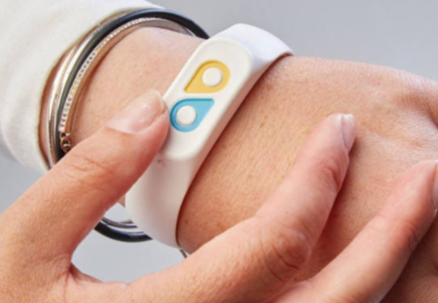How Smart Devices Are Helping Improve Mental Health

Smart devices are increasingly integrated into mental health care, offering innovative solutions to emotional well-being. Mental health apps enable users to engage in journaling and self-reflection, while wearables provide insights into physiological responses to stress. Meanwhile, virtual support communities create networks of shared experiences. These advancements encourage individuals to take charge of their mental health. However, the effectiveness of these tools often hinges on how they are utilized. What factors contribute to their success or limitations?
The Rise of Mental Health Apps
How have mental health apps transformed the landscape of psychological support?
These innovative tools facilitate mental tracking and emotional journaling, empowering users to monitor their feelings and thoughts with ease.
By providing accessible resources for self-reflection and emotional understanding, these apps foster a sense of autonomy.
They enable individuals to take charge of their mental health, promoting a journey toward personal freedom and well-being.
Read more: The Role of Data Science in Predictive Analytics
Wearable Technology and Stress Management
As mental health apps have gained popularity for personal support and self-reflection, wearable technology has emerged as a complementary tool in the realm of stress management.
Devices that monitor heart rate and engage in sleep tracking empower individuals to gain insights into their physiological responses to stress. This data not only fosters mindfulness but also encourages proactive approaches to enhancing overall mental well-being.
Virtual Support Communities
While the rise of digital communication has transformed social interactions, virtual support communities have emerged as vital resources for individuals facing mental health challenges.
These platforms facilitate peer support, enabling users to share experiences and coping strategies.
Additionally, they complement online therapy by providing a sense of belonging and understanding, empowering individuals to navigate their mental health journeys with greater freedom and connection.
Mindfulness and Meditation Tools
Virtual support communities not only provide a platform for shared experiences but also often emphasize the importance of mindfulness and meditation as tools for managing mental health.
Many smart devices offer guided sessions and breathing exercises, allowing individuals to cultivate awareness and reduce stress.
These accessible tools empower users to take control of their mental well-being, fostering a sense of freedom and personal growth.
Conclusion
In an era reminiscent of the Enlightenment, where knowledge and self-awareness paved the way for personal growth, smart devices now illuminate the path to mental well-being. By integrating technology into daily lives, individuals are empowered to navigate their emotional landscapes with greater insight and resilience. As these digital tools continue to evolve, they not only foster individual autonomy but also weave a tapestry of community support, echoing the age-old human pursuit of connection and understanding in the journey of mental health.





